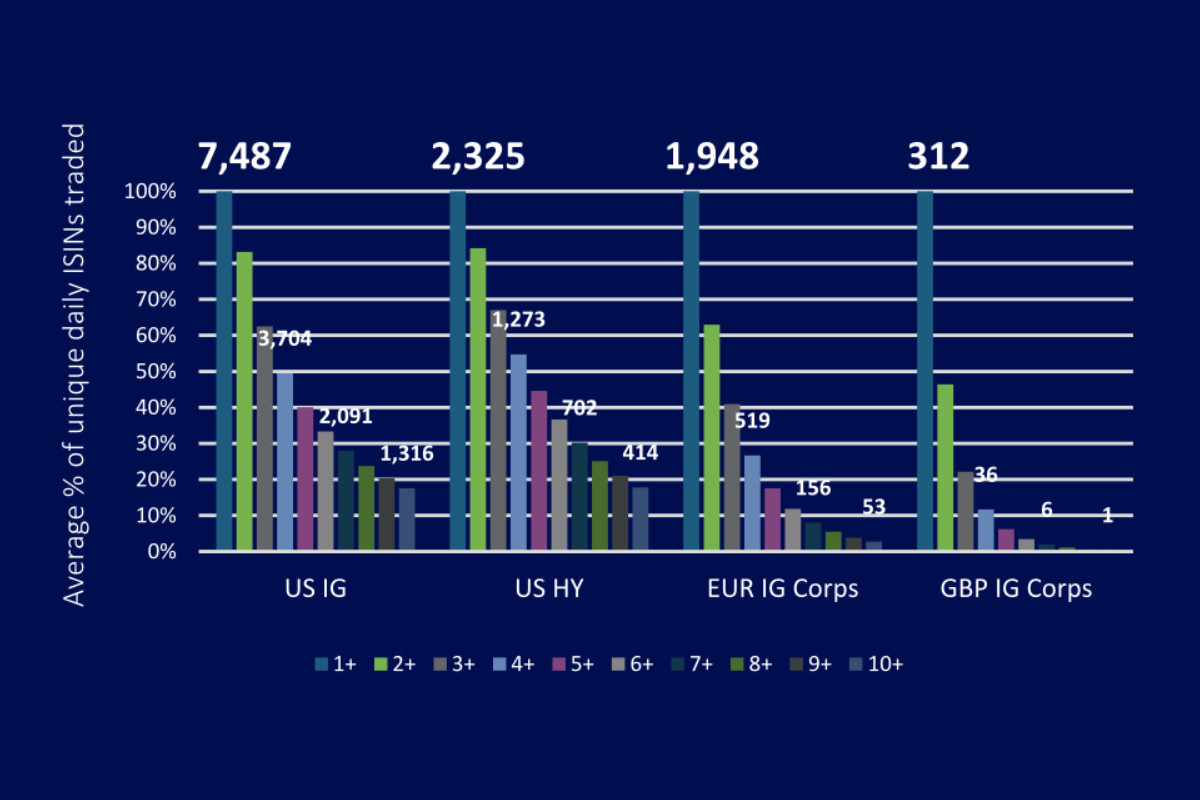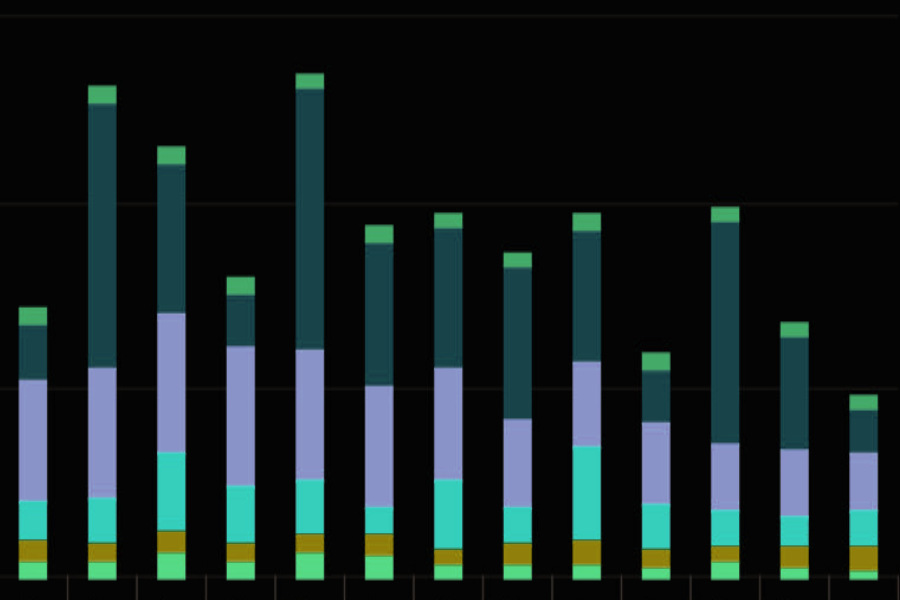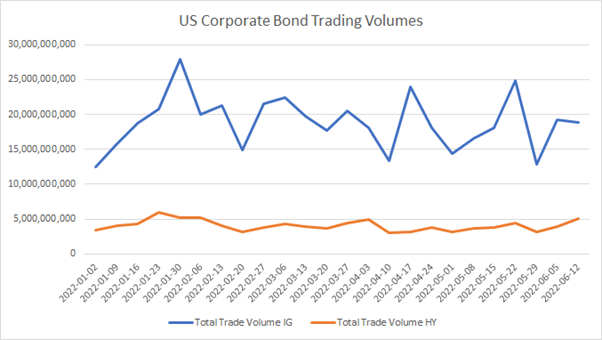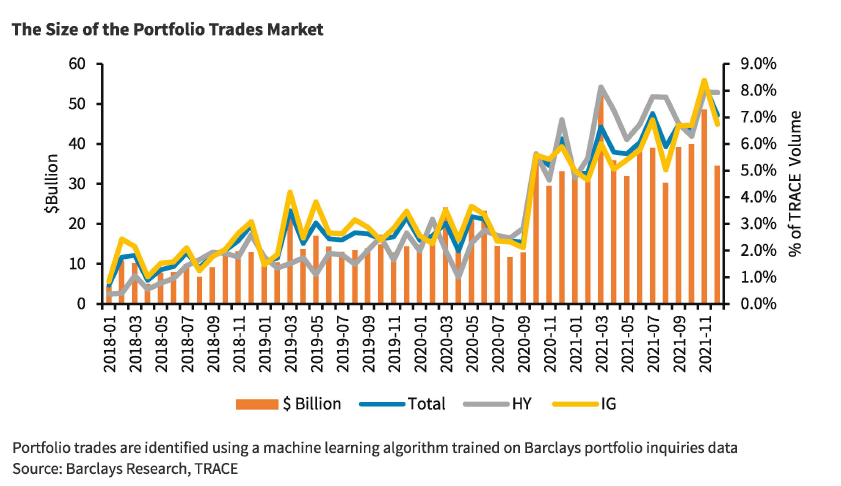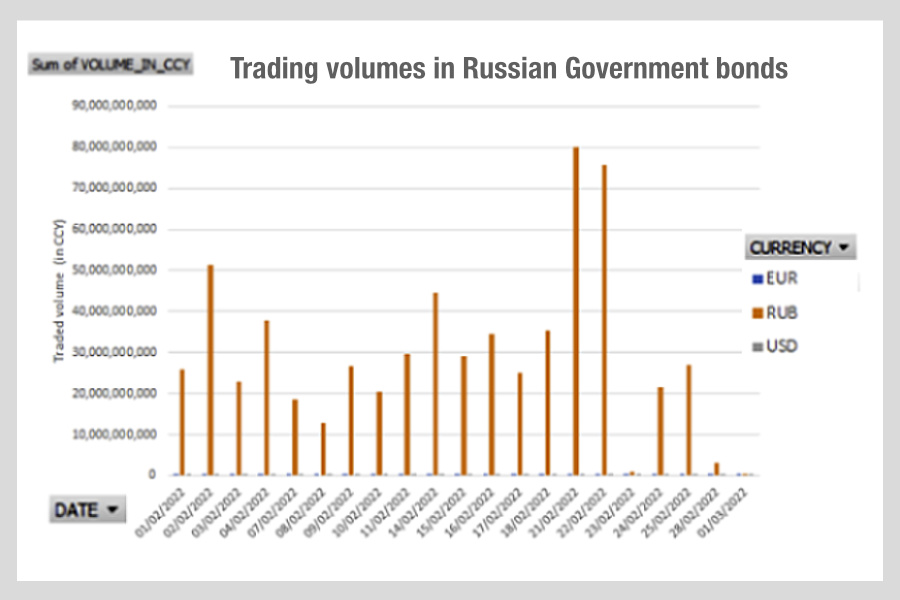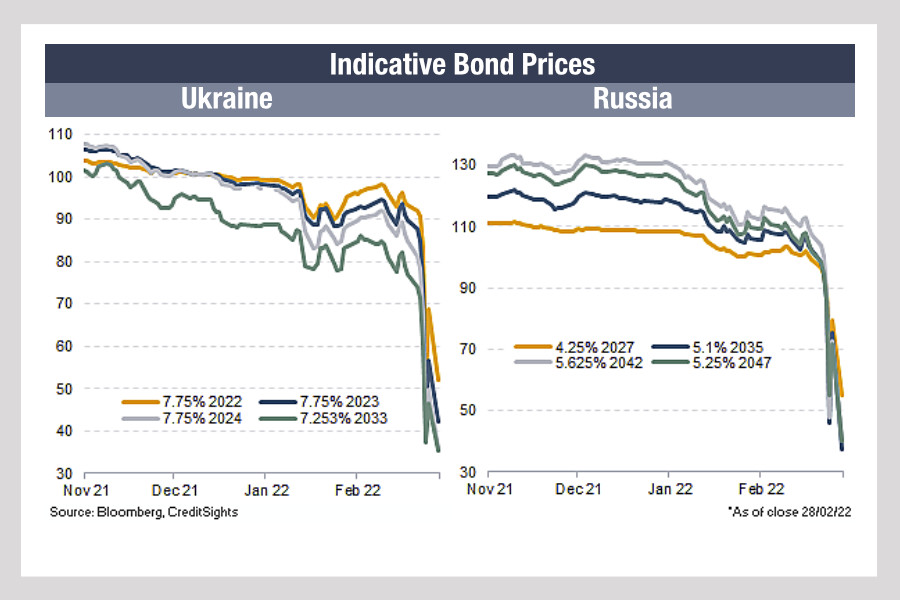 The Credit Roundtable, a buy-side lobby group for bondholder protection has issued an ‘Investment Grade Primary Best Practices Framework’ designed to improve bond issuance.
The Credit Roundtable, a buy-side lobby group for bondholder protection has issued an ‘Investment Grade Primary Best Practices Framework’ designed to improve bond issuance.
The group, which has 38 active members including many of the world’s largest investment managers, stated in the framework’s introduction that the high volume of bond issuance this year, along with the many technology initiatives that are launching this year, created the opportunity to “more broadly discuss other aspects of the new issue process that can be enhanced that technology alone cannot solve.”
Today bond issuance has no standard framework which creates a significant amount of work for investment managers, who are tasked with interpreting or requesting information from the banks managing the process. Banks, paid by the bond issuers, have no obligation to increase efficiency beyond ensuring the deal is fully subscribed to. Consequently, they can issue very varied levels of information, in proprietary formats without any impact on their returns form the deal.
This commonly occurs, despite the process itself being well practiced, ultimately adding costs to investors and asset owners who are left to unpick the various threads of information.
Several technology models are developing or have launched to increase efficiency in the process, including the bank-led consortium DirectBooks which is expected to launch in Q4 of this year, Liquidnet Debt Capital Markets (DCM) which will also launch later this year, and Investor Access which IHS Markit already offers and recently integrated with its own thinkFolio investment management platform.
The Credit Roundtable’s proposal noted: “We believe increased volumes may also justify development of more standardised set of conventions that can be mutually agreed to by both issuers and investors, such as covenants and redemption language as well. The CRT believes that all dealers should be consistent with the application of this framework.”
The recommendations are:
Pre-Announcement
- Updated standard of “bring down due diligence” mutually agreed to with the buyside used
- If investor marketing, improvements to the timing/messaging/ transparency (e.g., “Deal” and “Non-Deal”), reflecting the SEC’s recent rule that extends “Test-the-waters” accommodation
At announcement:
- Prospectus Supplements/Offering Memorandums (“Reds”) immediately available upon deal announcement
- Consistency of preliminary deal terms disclosed by the Active Bookrunners (“one announcement used”)
- Terms:
o “Expected” ratings provided (as understood by the issuer based on preliminary discussions with the rating agencies) or rating agencies providing confirmation of ratings within 15 minutes of deal announcement
o Stated/disclosed “Initial Price Talk”
o Actual maturity date of bond is provided
o Indication of initial size of deal and if multi-tranche, initial tranching preferences if any
o Provide actual “Cusip” codes for bond(s)
o Include additional bond characteristics (e.g., country of risk, incorporation, Labeled “Green”, etc)
o Disclose all Optional and Mandatory Redemption terms (Highlight terms that are non-“Standard”)
o For repeat borrowers, highlight any changes to “Standard” terms since the last offering
o Make available the full list of underwriting participants of the deal before the order book is “Subject”
o Settlement period should be reasonable, and align with Use of Proceeds.
o Full Netroadshow/Dealroadshow details provided upfront in the announcement
- To the extent this information can be disseminated electronically, it should be made available to investors by request through their preferred format
During bookbuilding:
- Stated/disclosed order book updates in regular intervals permitted
At guidance:
- Updated indication of targeted deal size and tranche sizes (if multi-tranche)
- “Billing & Delivering” agent must be disclosed, if not sooner
- Order Book Update Post-“Subject” disclosed
At launch:
- Order Book Update Post- “Guidance” disclosed
Pricing:
- Allow a minimum of 30 minutes between start of allocation process and Pricing of deal
- Deals should be priced before 4:30 during normal UST market trading hours or risk pricing the next day
- Final Order Books disclosed
- Term Sheets should be signed “promptly” after pricing; “Free to Trade” same day as pricing
Post-trade:
- VCONs consistently provided and available day of pricing
- Cusips populated with final deal details prior to settlement; ratings confirmed by agencies with Bloomberg
- Distribute final prospectus to deal participants
Concluding its proposal, The Credit Roundtable, and Primary Best Practices Working Group added that “while this framework has been developed around the investment grade new issue process, we believe elements of it are readily transferable to the processes of other asset classes as well, so the CRT would encourage dealers to also adopt the framework, where applicable, across their platforms as well. The CRT welcomes feedback from other investors, issuers, and dealer community for this important initiative.”
//


























